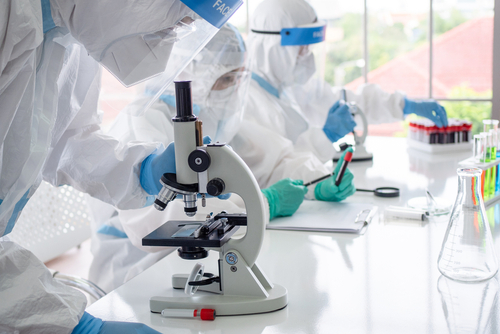
The intravenously administered drug Kevzara will no longer be investigated as a potential COVID-19 treatment, Sanofi confirmed this week, after it failed to meet either its primary or secondary goals during a phase 3 trial among severely and critically ill patients.
Hundreds were tested with the rheumatoid arthritis medication at doses of 200 mg and 400 mg. Still, the study failed to show any statistical decreases in terms of hospital stay or improved clinical outcomes when compared against placebos. Patients from Argentina, Brazil, Canada, Chile, France, Germany, Israel, Italy, Japan, Russia, and Spain all were tested throughout the trial.
While detailed results will not be published until later this year, Sanofi and Regeneron confirmed they do not anticipate any further COVID-19 clinical studies involving the drug.
“Although this trial did not yield the results we hoped for, we are proud of the work that was achieved by the team to further our understanding of the potential use of Kevzara for the treatment of COVID-19,” said Dr. John Reed, Global Head of Research and Development at Sanofi. “In times like these, commitment to properly designed, controlled clinical trials, provides the information and understanding the scientific community needs for fact-based decision making.”
Complicating matters beyond the drug’s lack of effect were the serious adverse events surrounding the study. Some 26-29 percent of those treated by Kevzara encountered serious problems, along with 24 percent of those given placebos. Among 10 percent of those treated, these problems led to death.
Kevzara works by binding to the IL-6 receptor, an immune system protein produced by those with rheumatoid arthritis and other diseases, joint destruction, and various systemic woes. Kevzara works by inhibiting IL-6 mediated signaling.
In this case, numerical data did show some reduced mortality in the critical patient group and somewhat shortened time to hospital discharge by two to three days. Still, neither was statistically significant, or enough to justify continued investigation.




